

 SEO
SEO Responsive Site
Responsive Site E-Commerce
E-Commerce E-Commerce
E-Commerce jQuery Motion Products
jQuery Motion Products Applications ERP Products
Applications ERP Products Company
Company Company
Company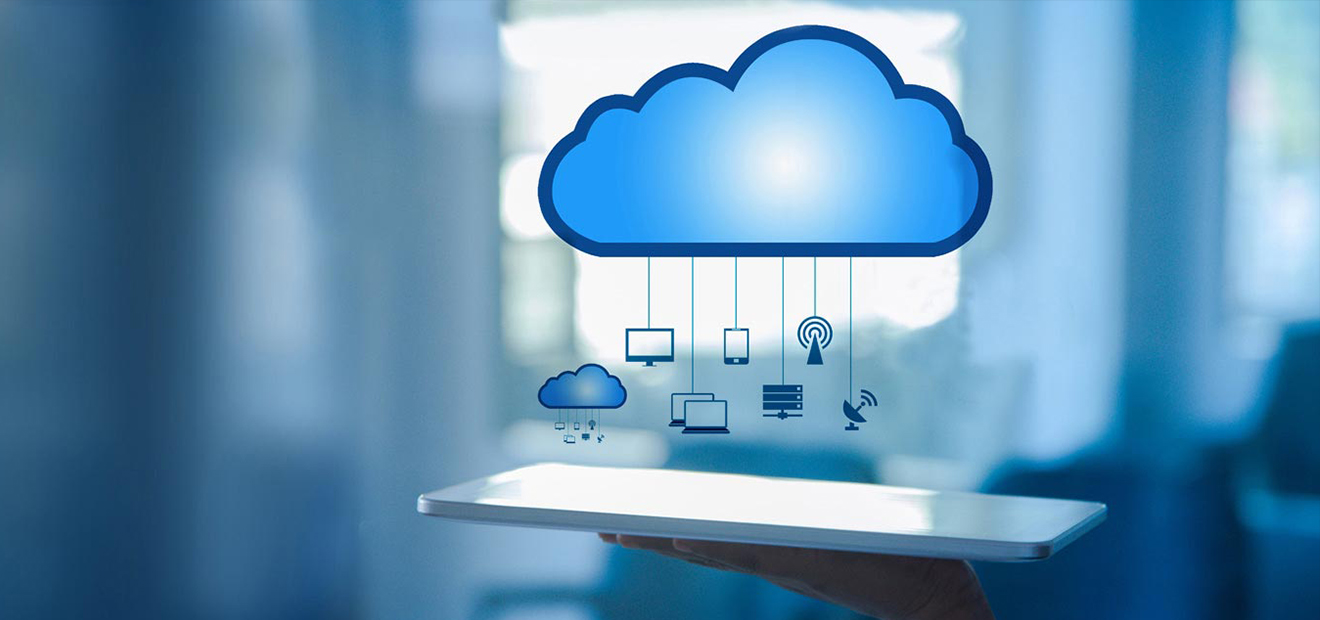 jquery, mysql, php
jquery, mysql, php Mobile Applications
Mobile Applications Web Application Development
Web Application Development Customer Relationship Management
Customer Relationship Management Pay-Per-Click Advertising
Pay-Per-Click Advertising Human Resource Management System
Human Resource Management System Custom Web Application Development
Custom Web Application Development Custom Web Application Development
Custom Web Application Development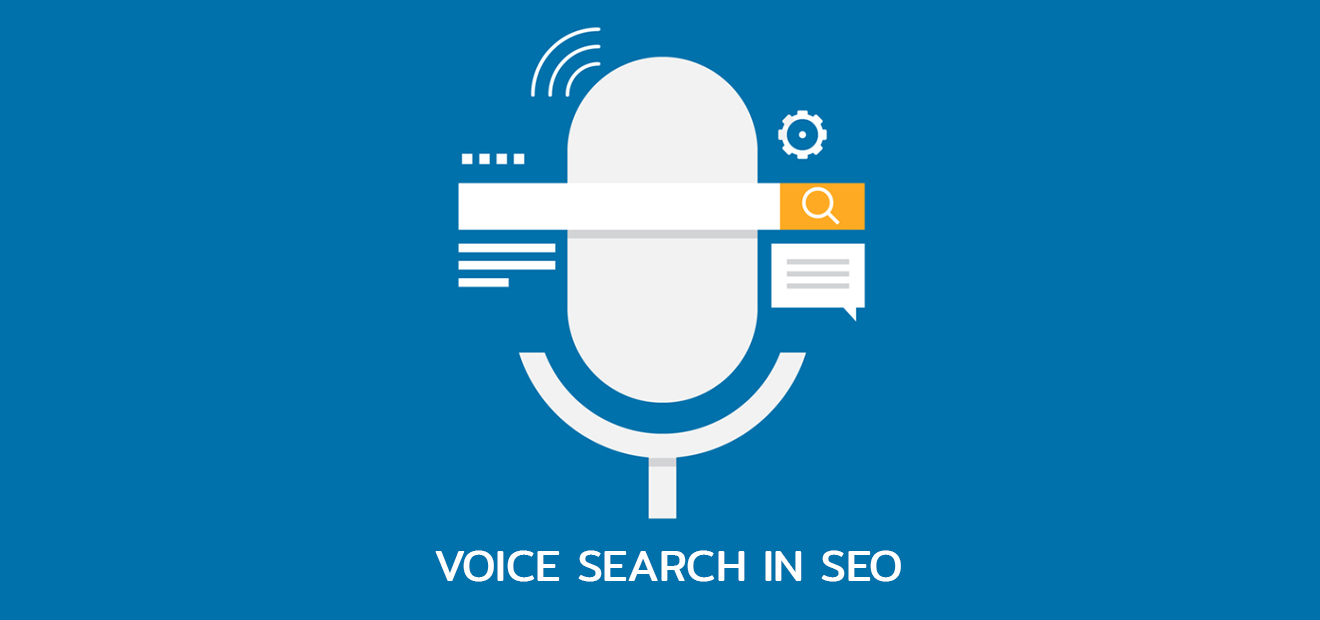 Digital Marketing
Digital Marketing BrainStem - Education ERP Software
BrainStem - Education ERP Software I.C.E. Apple — Hospital Management System
I.C.E. Apple — Hospital Management System BluBerry
BluBerry SEO & Internet Marketing
SEO & Internet Marketing Drone Solutions
Drone Solutions Mobile Application Development
Mobile Application Development Search Engine Optimization
Search Engine Optimization SEO and Internet Marketing
SEO and Internet Marketing Content Marketing
Content Marketing eCommerce Platforms
eCommerce Platforms Email Marketing
Email Marketing Email Marketing
Email Marketing Business Process Automation
Business Process Automation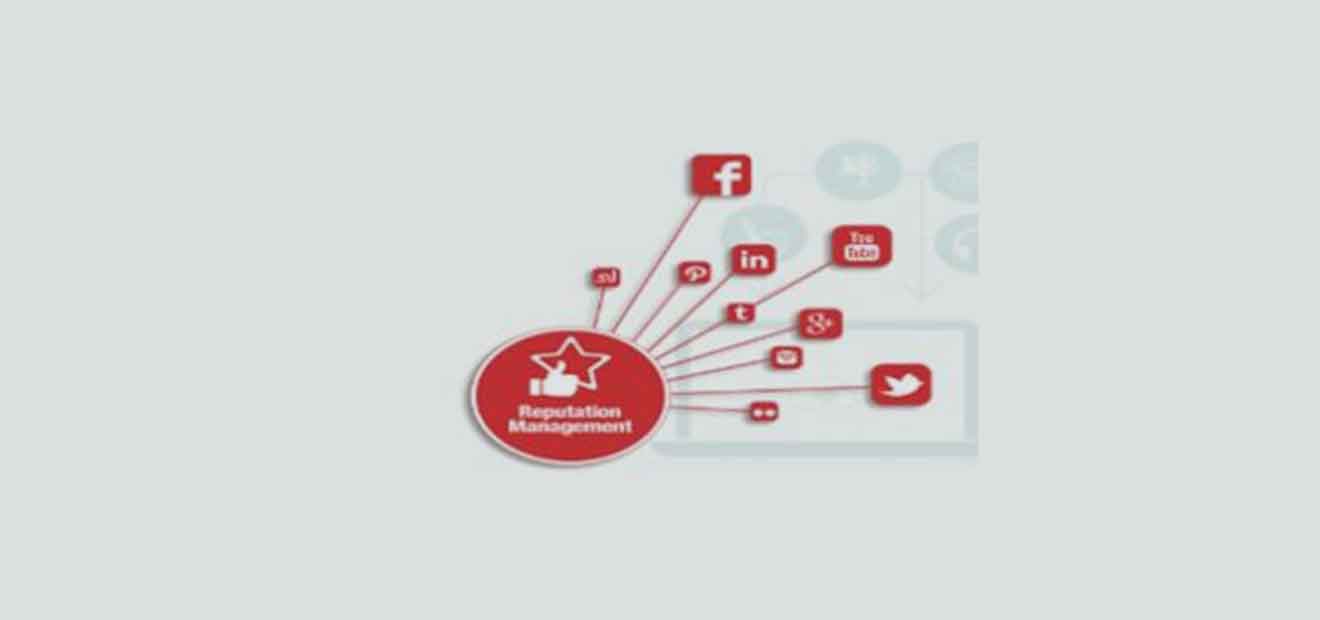 Online Reputation Management
Online Reputation Management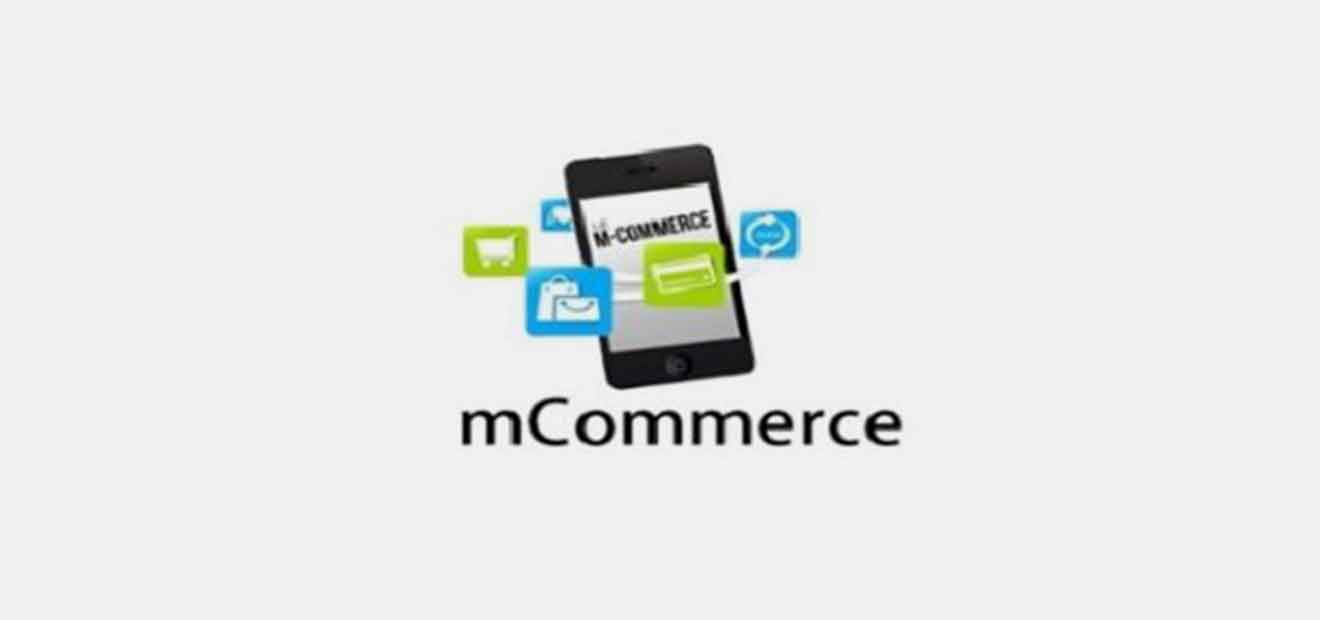 Mobility Solutions
Mobility Solutions Digital Marketing
Digital Marketing AngularJS
AngularJS PHP Frameworks
PHP Frameworks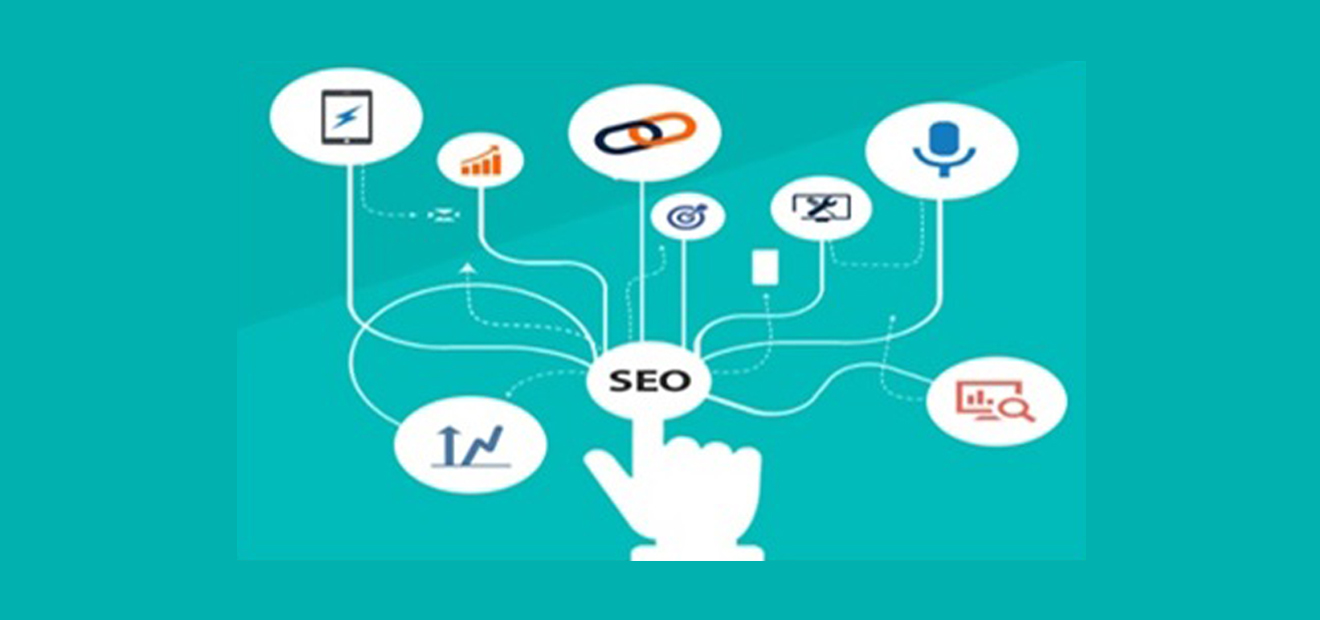 Search Engine Optimization
Search Engine Optimization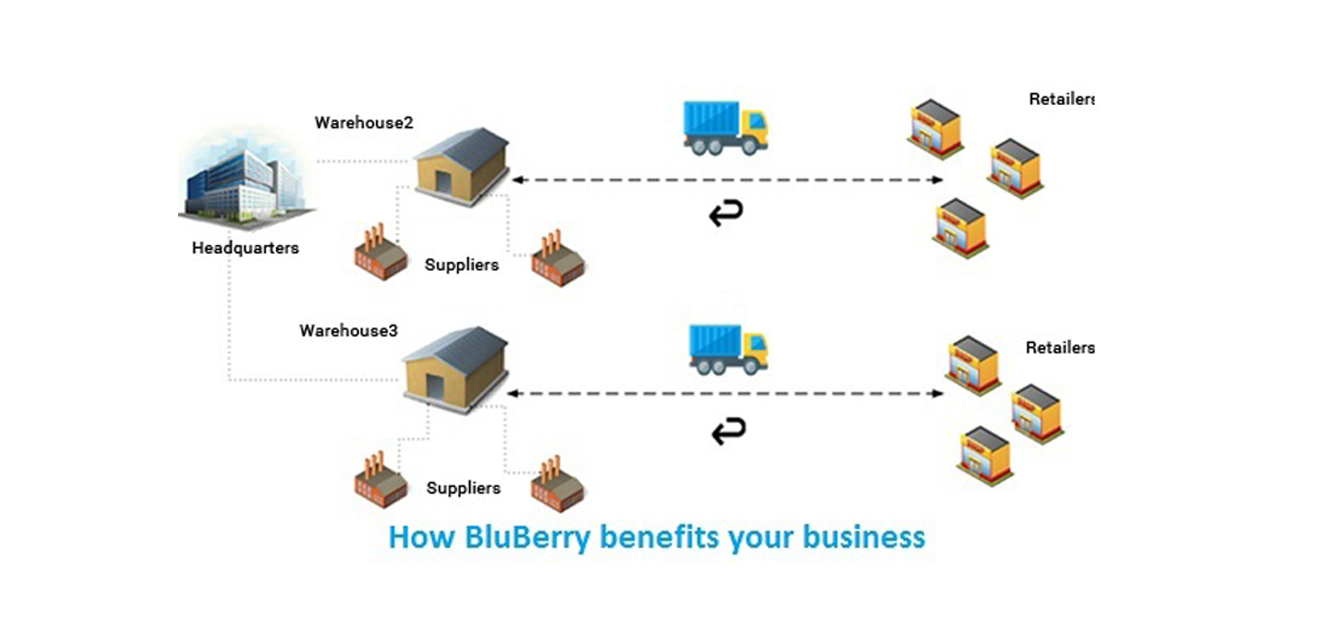 Bluberry
Bluberry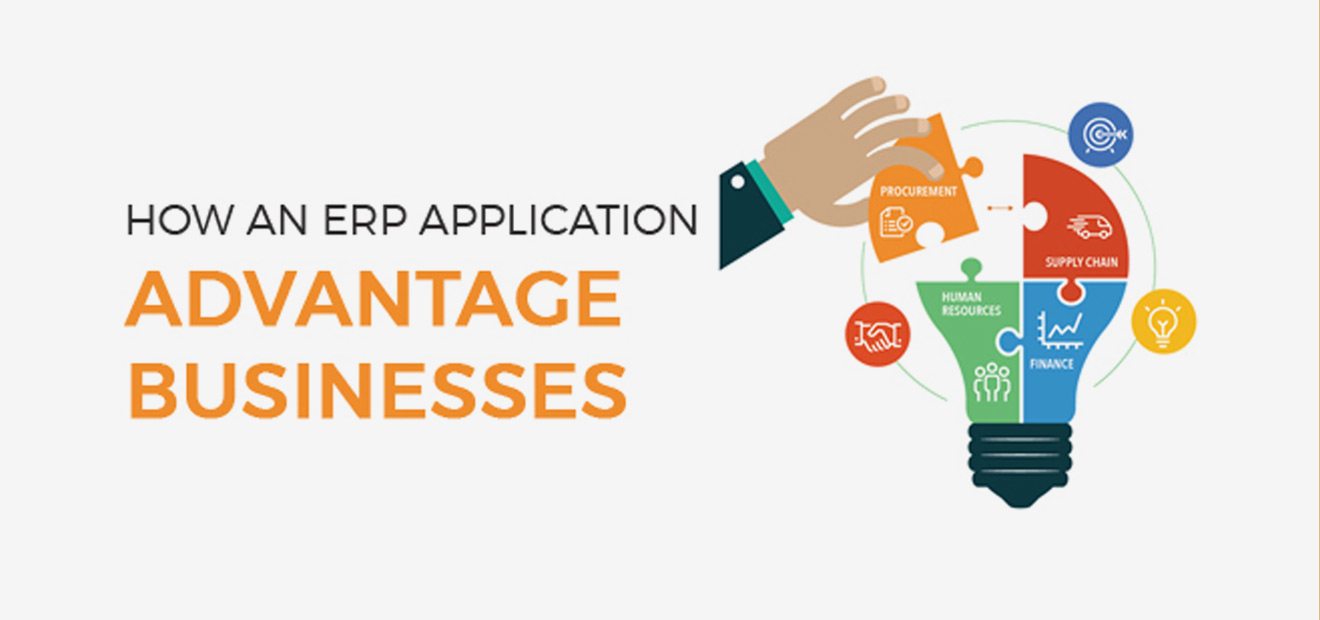 Enterprise Resource Planning
Enterprise Resource Planning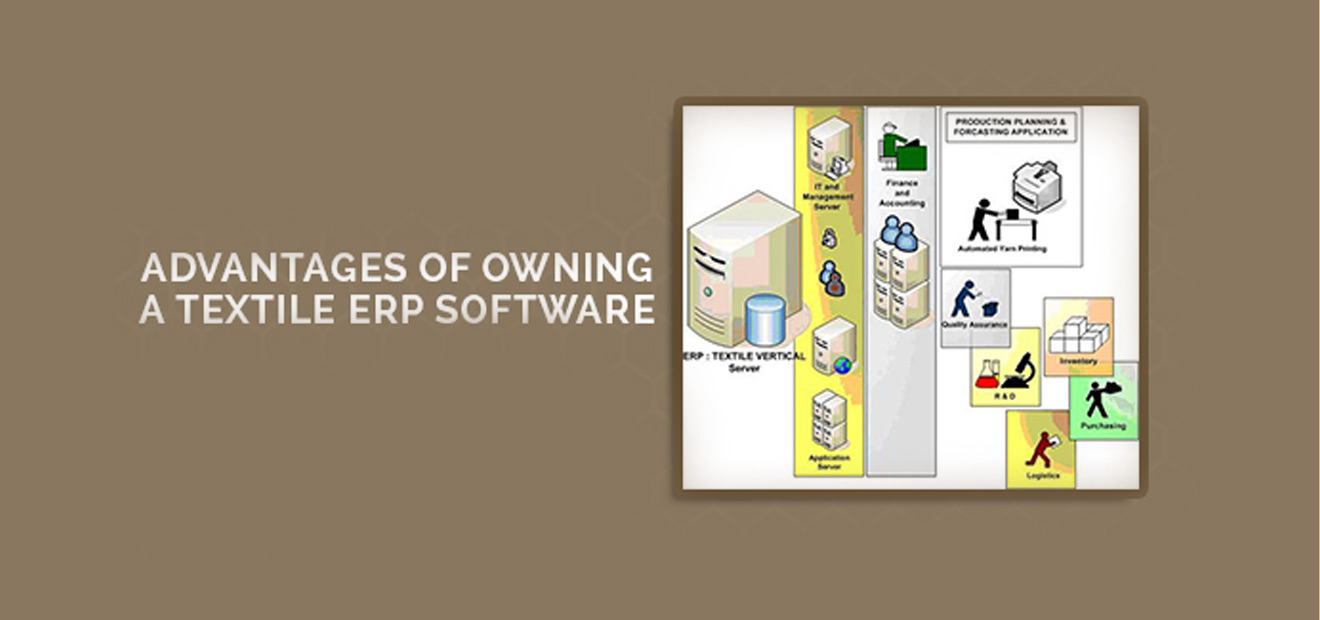 Textile ERP
Textile ERP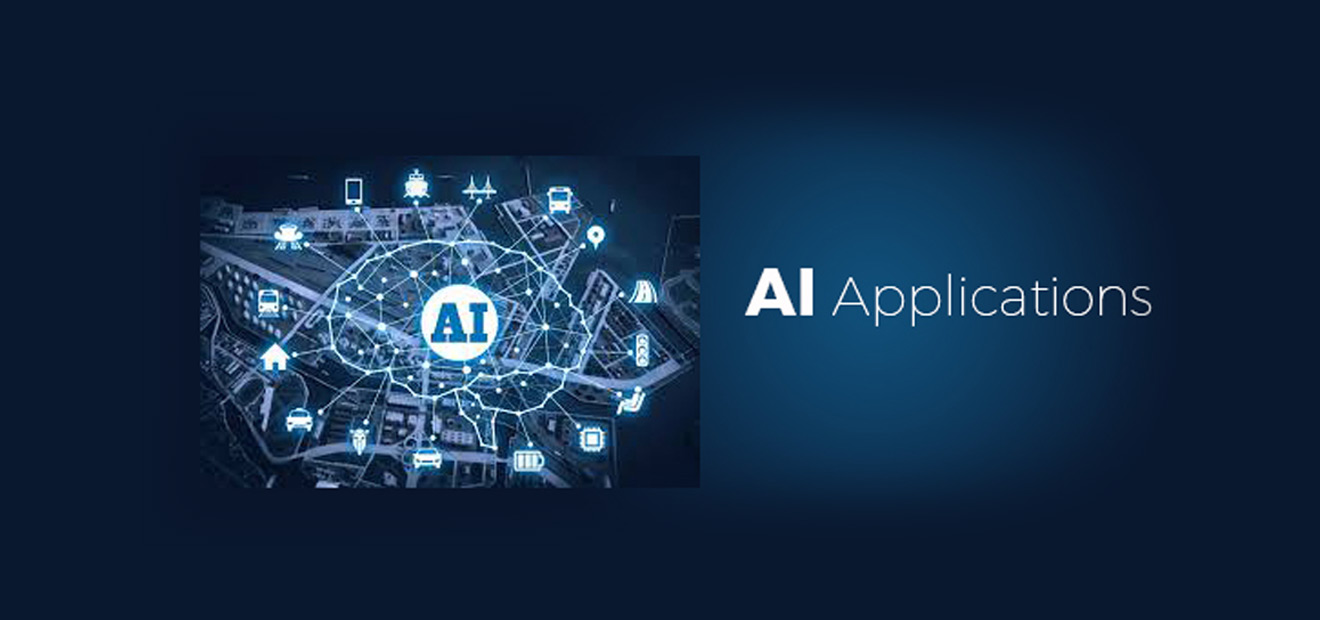 Artifical Intelligence
Artifical Intelligence eCommerce
eCommerce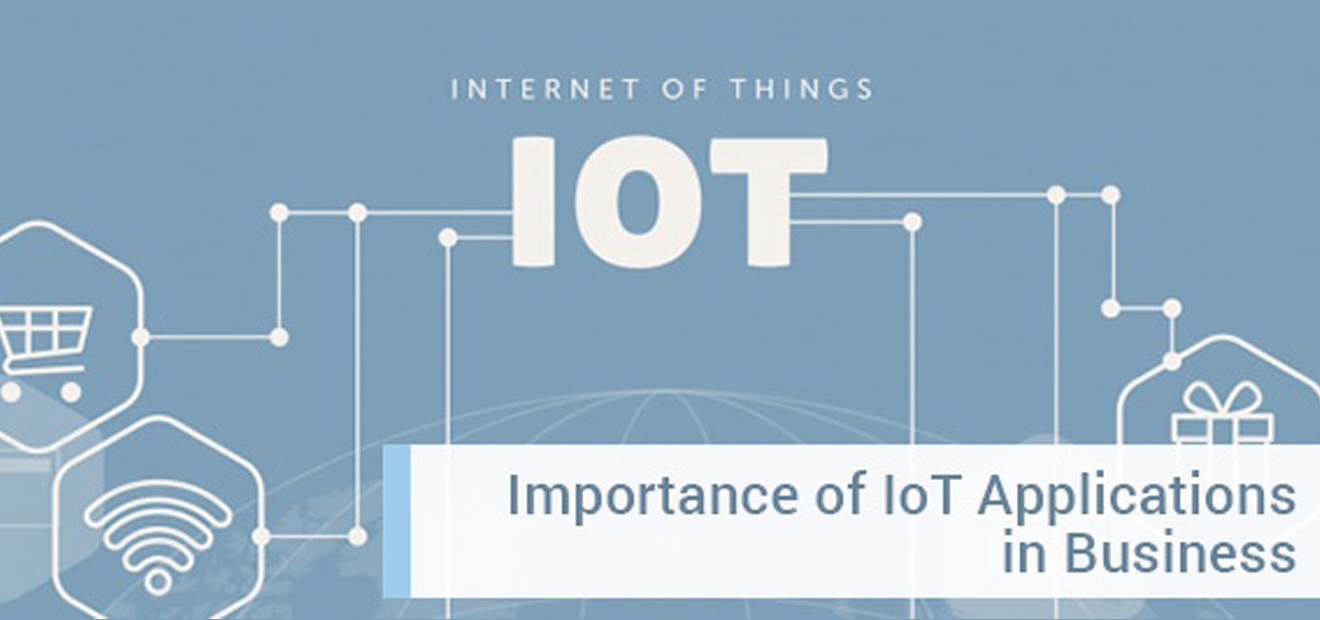 IoT
IoT Content Marketing
Content Marketing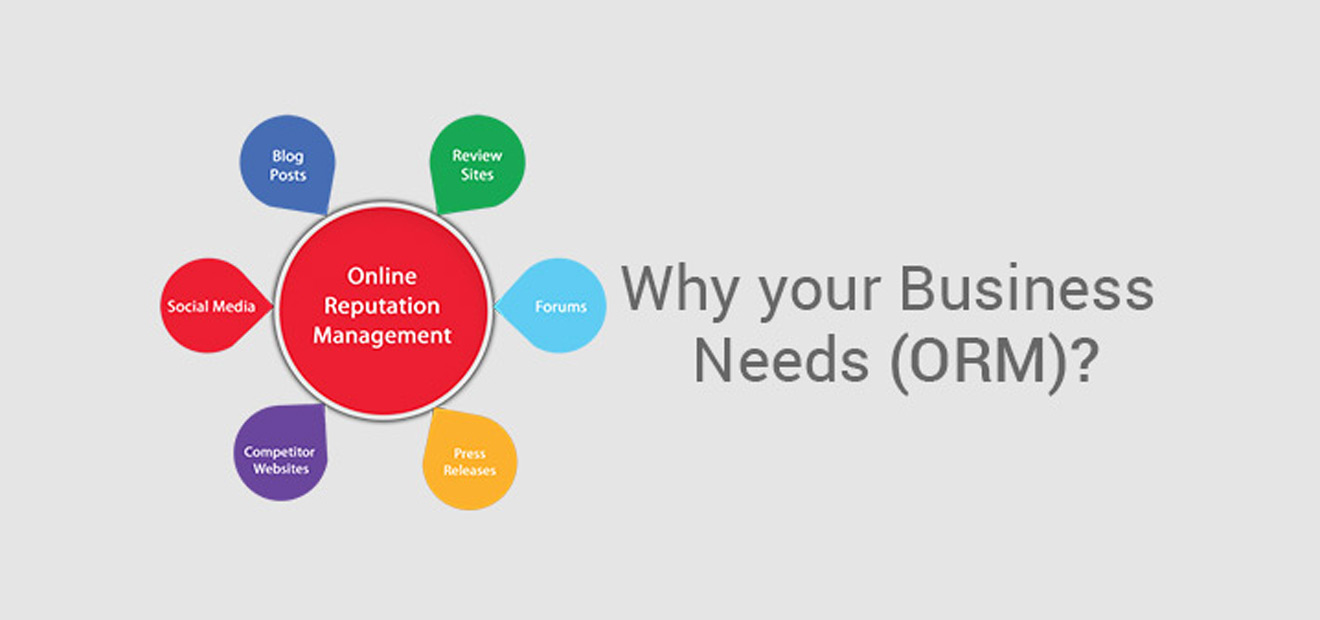 Online Reputation Management
Online Reputation Management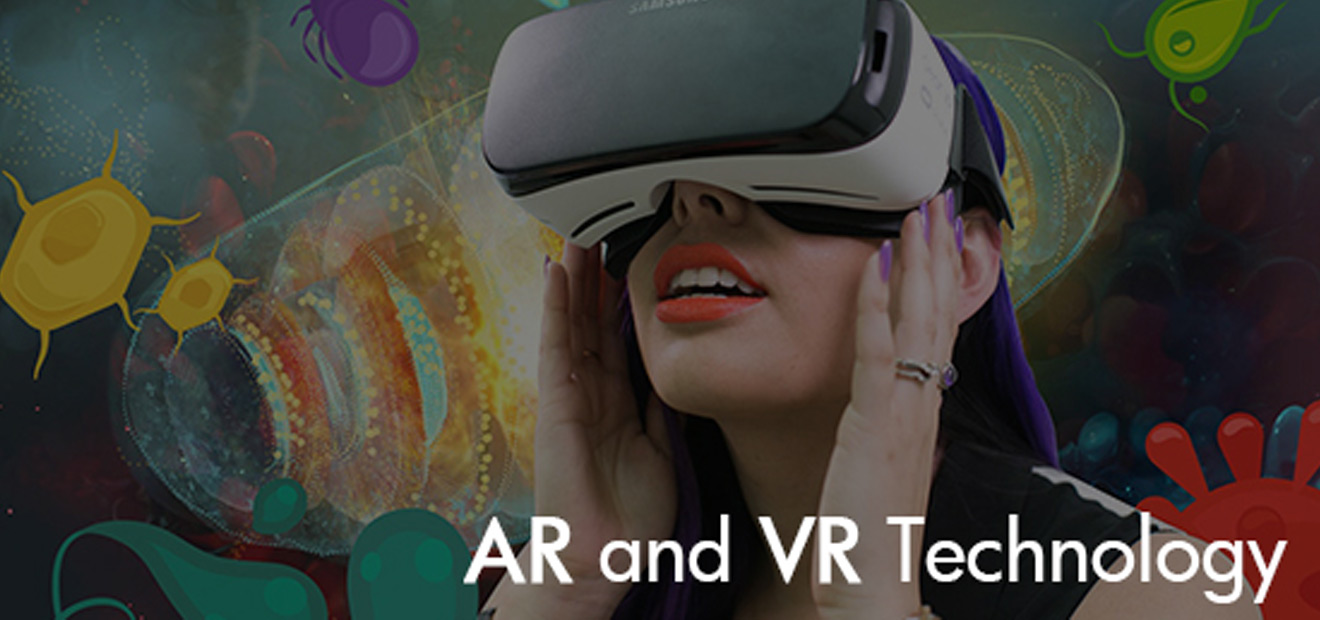 Mobility Solutions
Mobility Solutions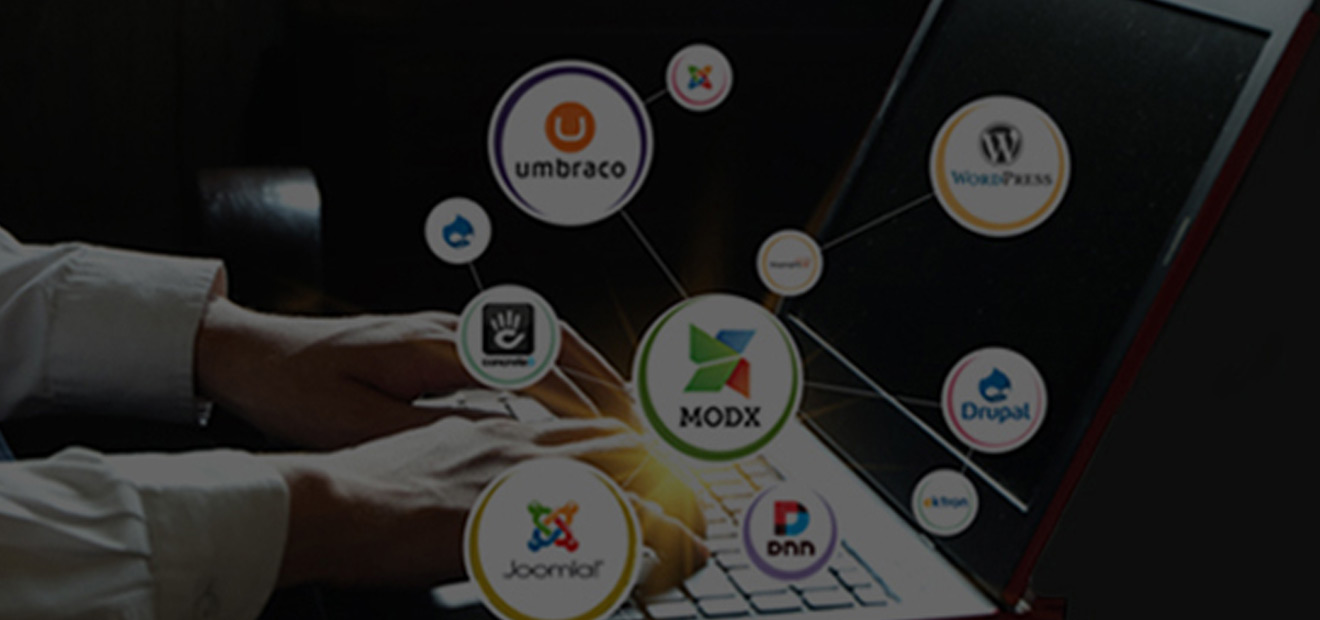 Content Management System
Content Management System Javascript jQuery PHP/MySQL
Javascript jQuery PHP/MySQLFirst Name *
Last Name *
Organization
Email Address *
Phone *
Message or Project Description